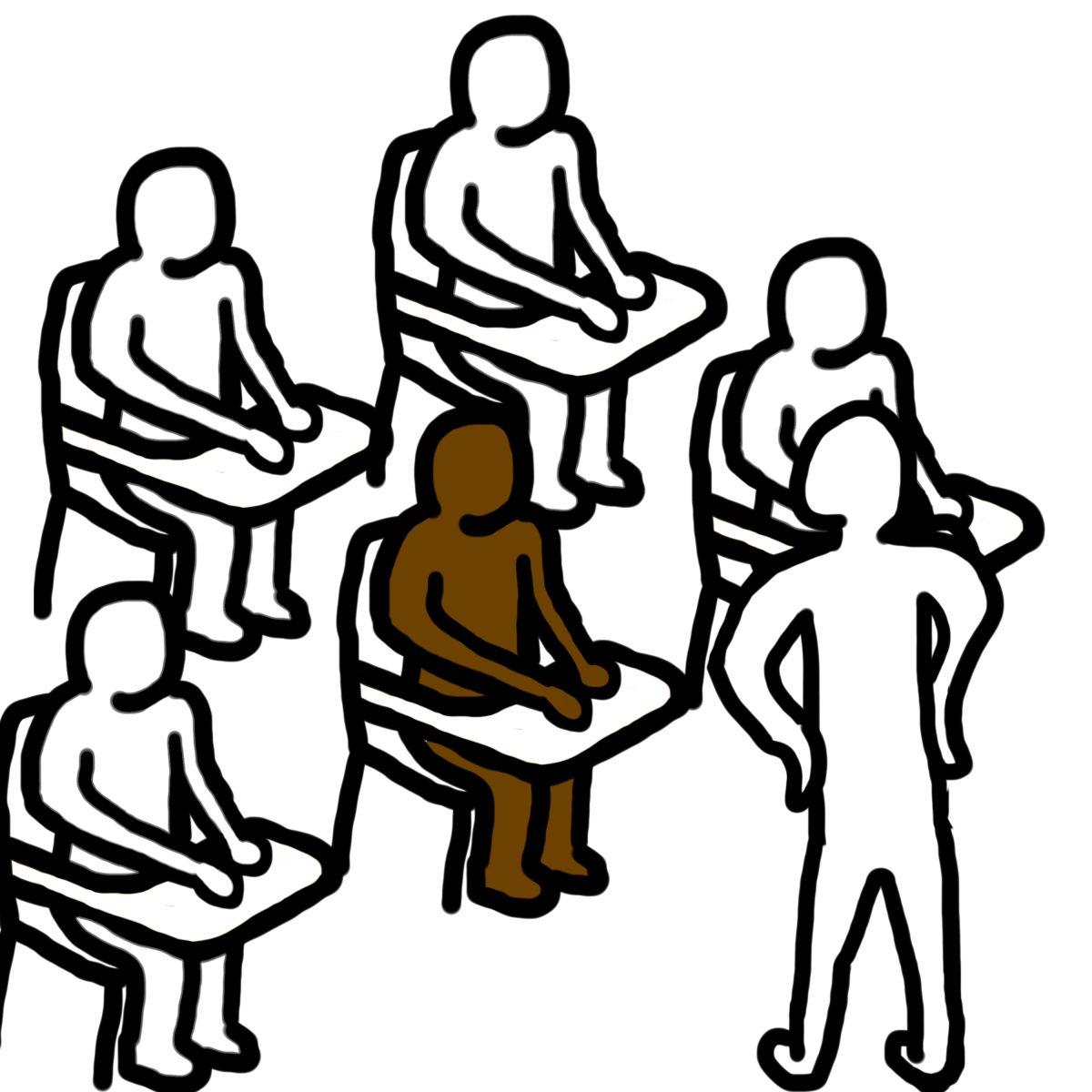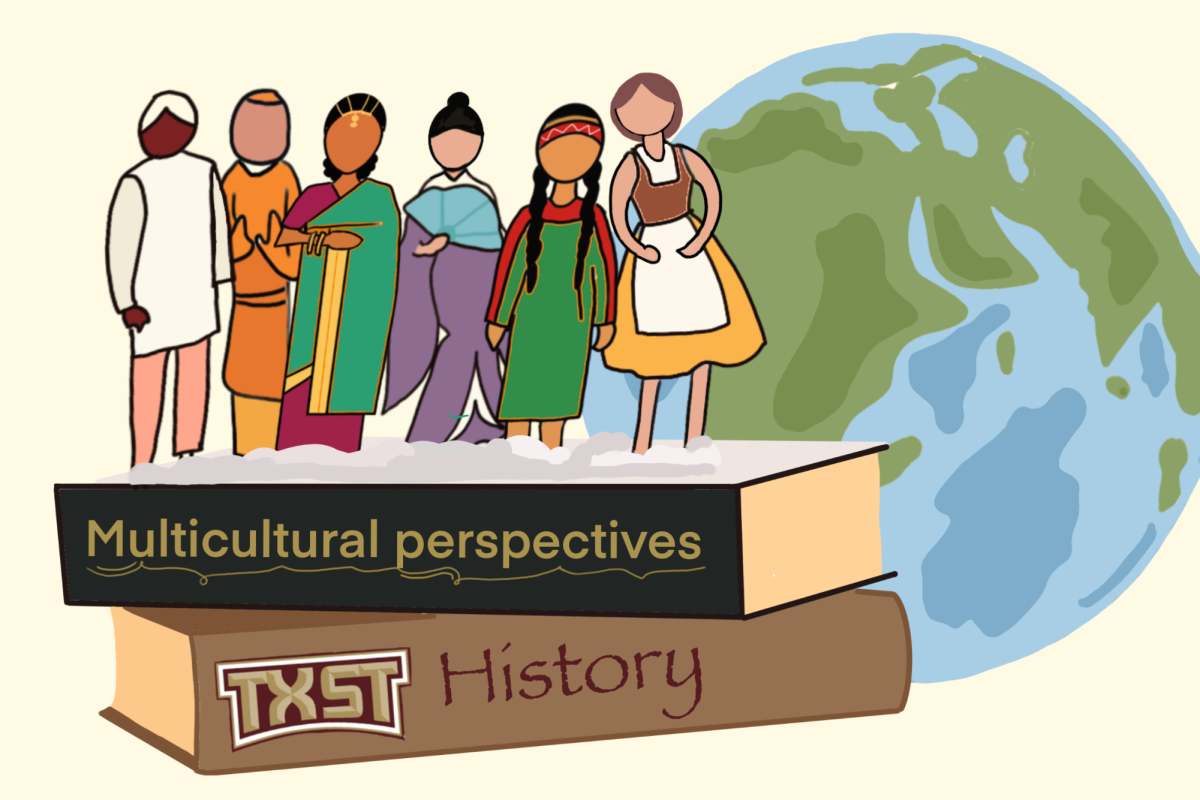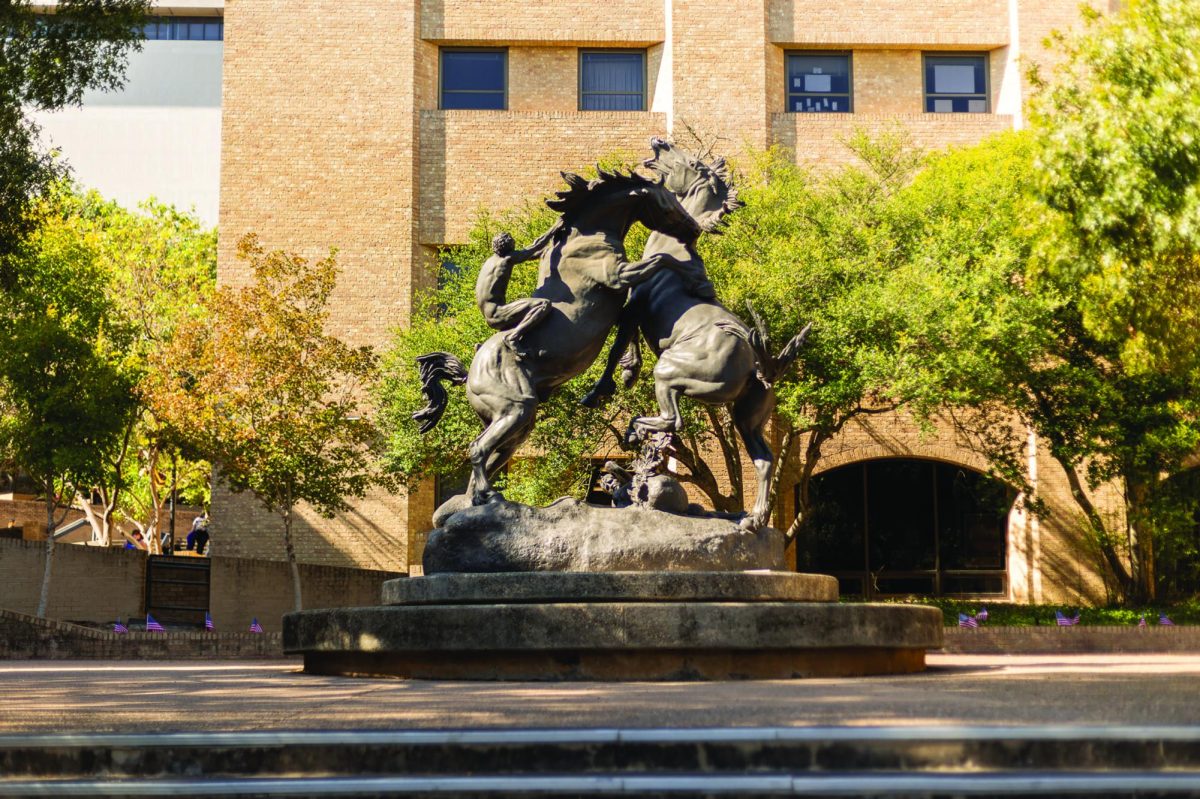The occasional isolation or alienation one can expect to experience in college is something many students become familiar with as freshmen. Departed from families and friends, the first few months on a new campus can be rough for those less socially inclined. The unseen and often unspoken experiences of marginalized students at a predominantly white institution are similar, but so vastly different at the same time.
“Whether it’s said or not, sometimes I do feel invisible when I’m walking through the hallways,” said Darius Mundy, construction science and management senior.
He speaks with a certain tone of disbelief and describes his experience with care as to not wrongfully incriminate anyone, even when recounting his own experiences.
“I have to make a conscious effort to make friends and talk to people so that they can approach me and we can have a conversation…,” Mundy said. “I feel like I’m the only person there who looks like me.”
As a black student studying an industry that is currently only 5.8 percent black, according to the U.S. Bureau of Labor Statistics, Mundy seems less surprised by his experience but more disappointed.
He became interested in the construction industry after being displaced from New Orleans by Hurricane Katrina.
“(It was tough for me) coming from that devastation and seeing the city I was born in never go back to what it was,” Mundy said. “I always wonder how can I give back and what can I do that can help the city.”
He transferred to Texas State from University of Texas-San Antonio in 2016 after changing his major from mechanical engineering but still commutes from San Antonio. Despite his dedication to his major, he explained that it can be harder to make the drive because of the isolation he faces.
While the major is very diverse in terms of international professors, there are currently no black faculty members and there are few black students.
“I don’t feel like there’s anyone that I can really relate to what I have going on because of most of my teachers don’t look like me. To me, (it’s) important to have at least someone.”
“I think it’s important to have people that look like you because you can have something to strive for or somebody to look to, a mentor; somebody who can help you and coach you,” Mundy said.
The role professors play in a student’s experience cannot be simply boiled down to increased test scores or a diversity statistic. Having a black professor to talk to can help students like Mundy work through some of the inherent frustration that comes with being a black student in a predominantly white industry or school.
“I’ve been to three career fairs since I’ve been at Texas State…” Mundy said. “My first career fair, I got two or three interviews but I could not get a job. I found it odd that over 60 to 70 companies could come, but I just couldn’t seem to land an internship when guys who were younger than me, who had less experience than me were.”
Though he is a part of Construction Students Association and volunteers for Habitat 4 Humanity in San Antonio, he still feels overlooked.
“I had some experience in construction but I was still getting the ‘Oh, you don’t have enough experience,’ ‘Oh, we need somebody with a little more experience,’” Mundy said. “I started to doubt myself. Did I make the right decision? Should I have stayed at UTSA? Should I have stayed in the engineering program? This is all just self-doubt that came from not finding (an internship).”
After two more unsuccessful career fair attempts, he was able to find an internship on his own. His experience, however, is not unique.
Students of color have demanded universities across the U.S. work more proactively to hire diverse faculty. At Texas State, black faculty and staff make up only 5 percent of the employees. However the black student population is now nearly 11 percent of the student body.
“I don’t really want to be there because I feel so out of place,” Mundy said. “I know I shouldn’t feel that way, because I do belong and I do great work and make great grades…”
The effect this disparity can have on students of color is not easy for some to articulate but it is important that we recognize the stories of those who do speak up and understand this is a reality that deserves to be addressed.
– Tafari Robertson is a public relations senior
Categories:
Marginalized students speak out
November 10, 2017
Illustration by Israel Gonzalez | Staff Illustrator
0
Donate to The University Star
Your donation will support the student journalists of Texas State University. Your contribution will allow us to purchase equipment and cover our annual website hosting costs.
More to Discover








